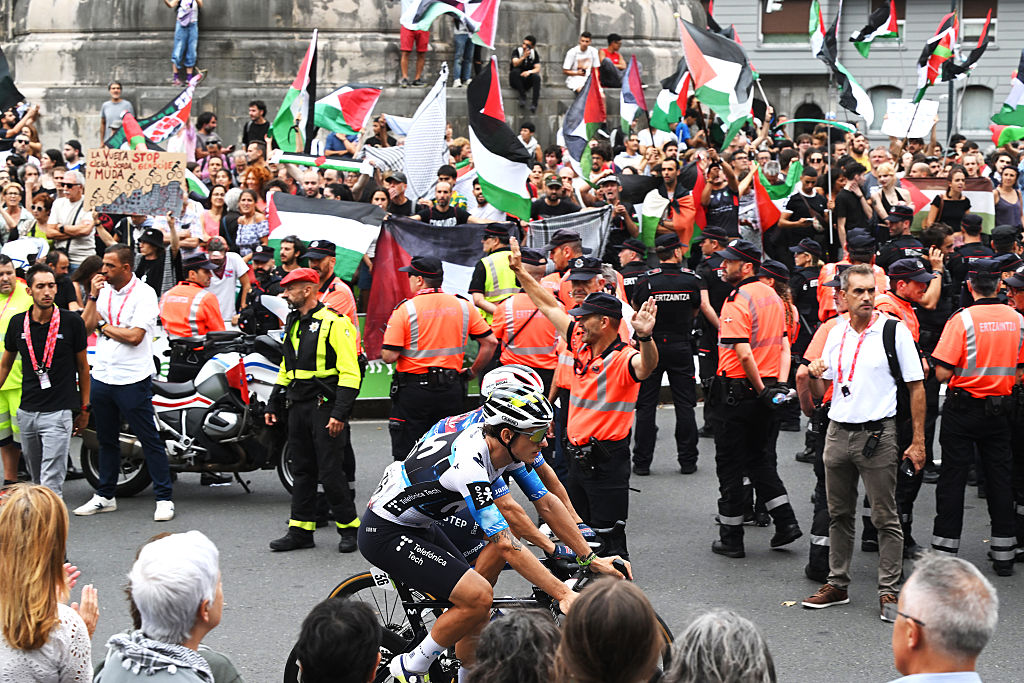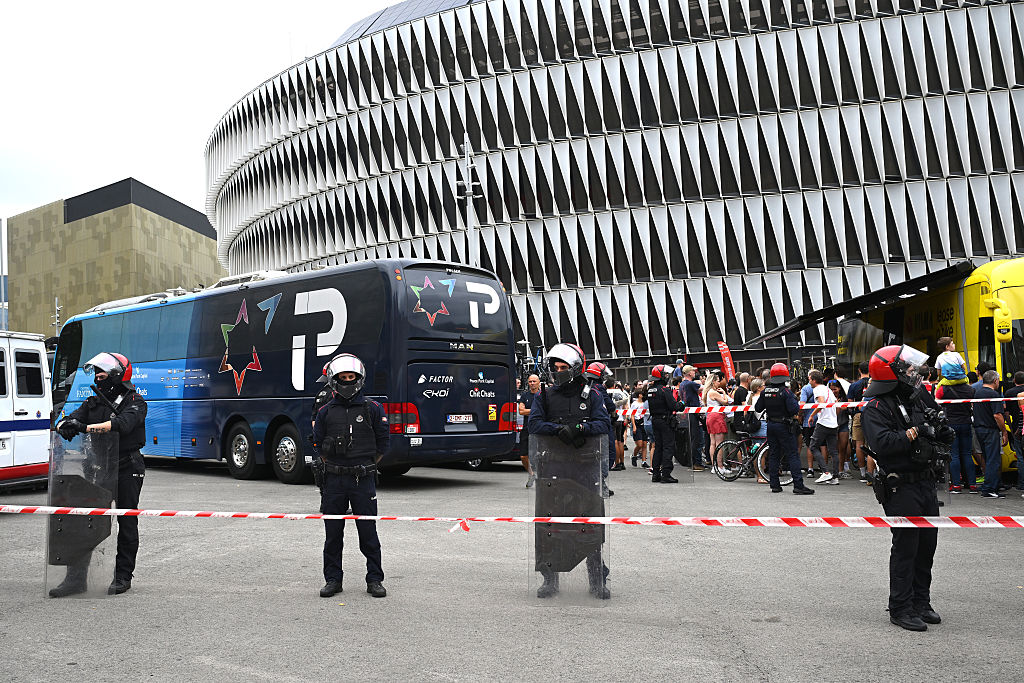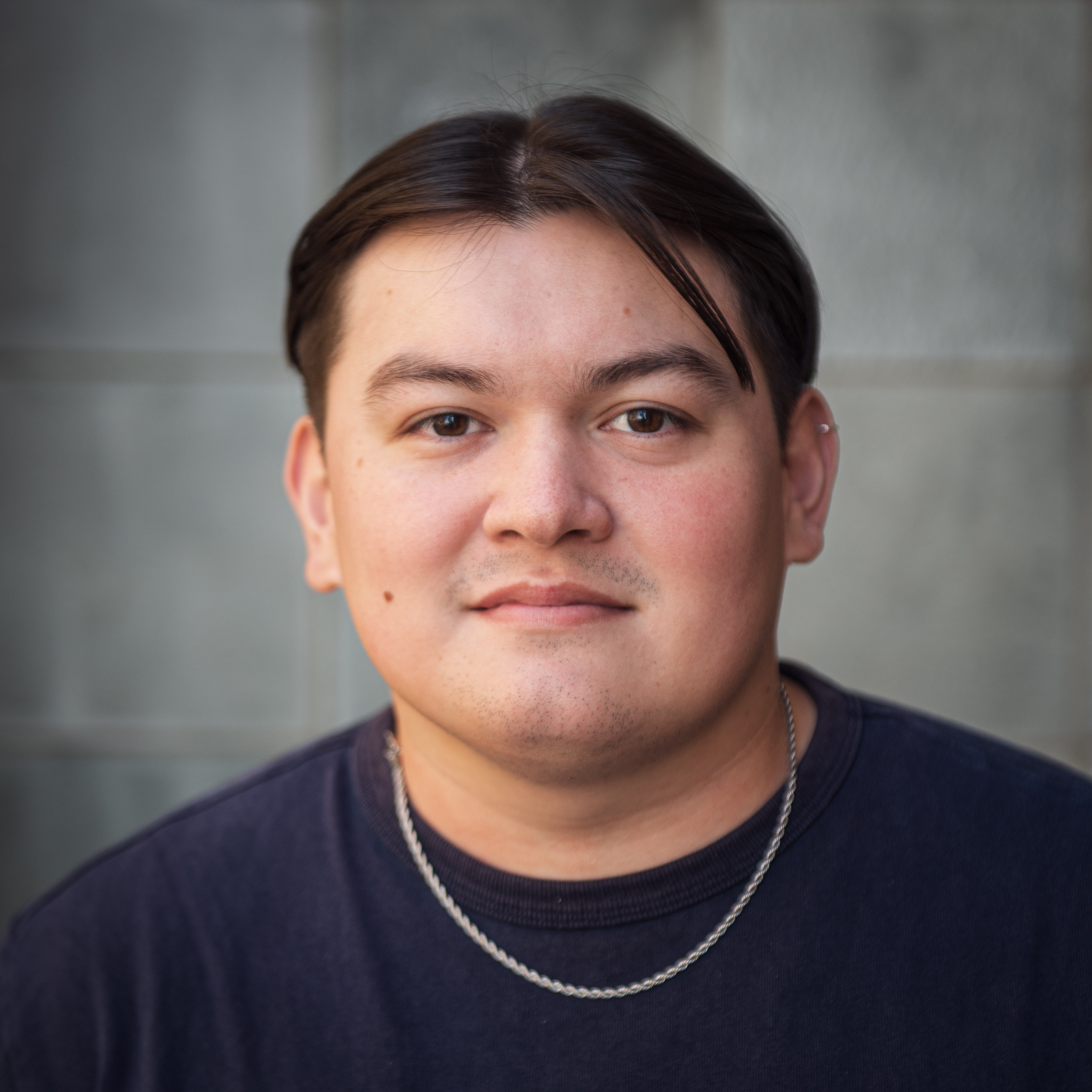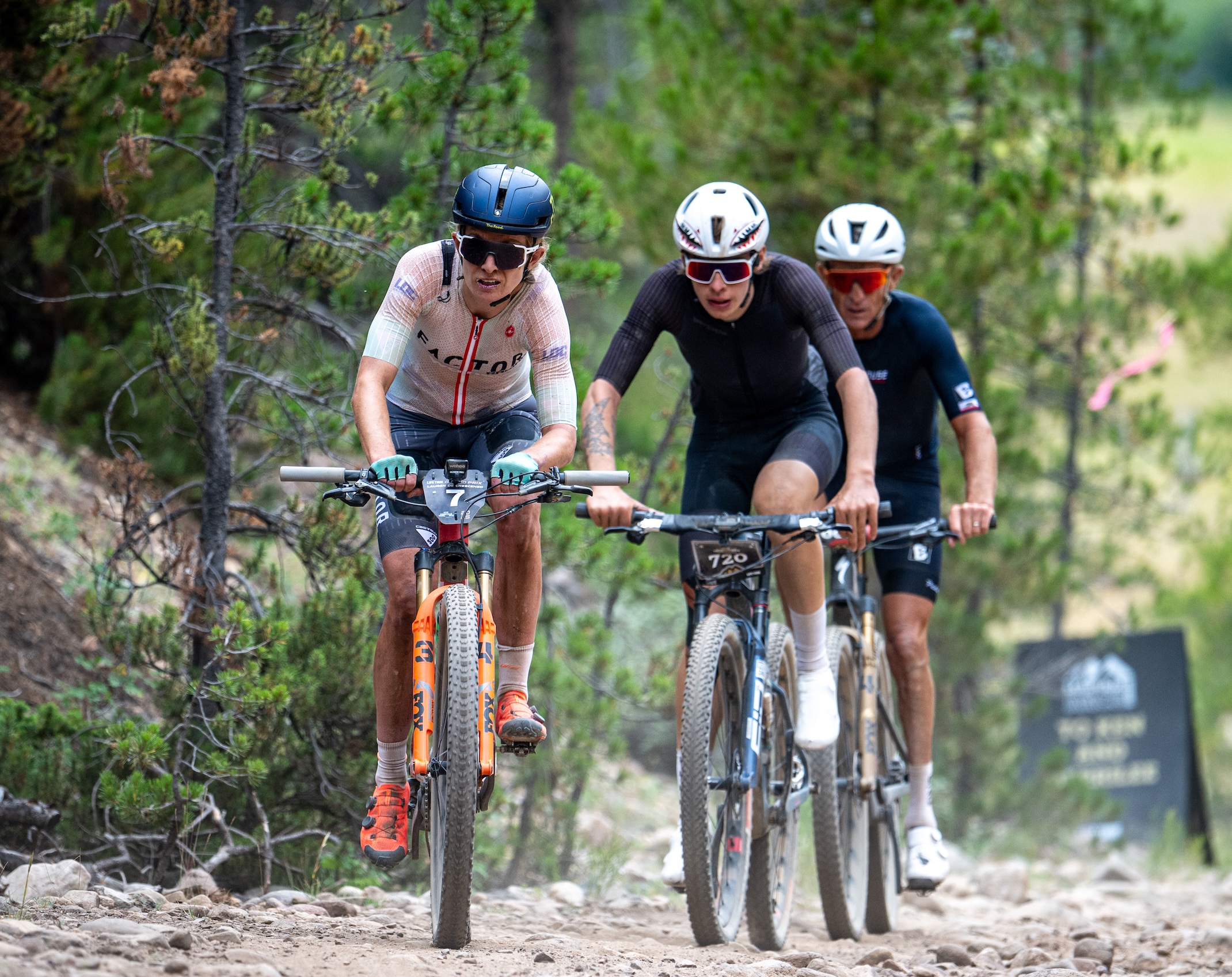Eyewitness: Post-stage interviews, police lines, demonstrators and no winner – How stage 11 of the Vuelta a España blurred into chaos
Pro-Palestine protests at finish caused race to be suspended three kilometres from the line

The latest race content, interviews, features, reviews and expert buying guides, direct to your inbox!
You are now subscribed
Your newsletter sign-up was successful
When stage 11 of the Vuelta a España rolled out from close to the emblematic San Mamés stadium in Bilbao early on Wednesday afternoon, there was little to indicate that the day's racing would end in the same place – but with no winner, a partly-suspended stage and the overall leader questioning the viability of the entire event.
The presence of just one or two pro-Palestine flags, in an event marked by protests even in the earliest stages against the continuing participation of the Israel-Premier Tech squad, was surprisingly low. Nor did the armed police presence, just three or four visible around the Israel-Premier Tech bus, seem particularly heavier than usual. The absence of Israel-Premier Tech riders at the sign-on or for interviews had become the norm.
However, the lengthy discussion at the start of the stage of the Vuelta between different teams about safety on the route made it clear this was viewed as a stage like no other. The Basque Country has long been known as an area with strong sympathies for the Palestinian population in Gaza. And the constant presence of protests on the route made it even more likely that things could spiral out of control fast.
Then, after the news broke that the race would be ending three kilometres from the finish because of protests, it became even clearer things would be very different from usual, with the team buses, which had remained close to the sign-on for the start all day, once again becoming the focus of attention.
Finish area

Meanwhile, at the buses, riders appeared in dribs and drabs, having ridden past lines of spectators – many of them cheering – all the way to the buses. But rather than ask about how the race had played out, most of the questions were along the lines of - What will happen now? Were you ever at risk? How hard was it to focus?
The most striking aspect of all was the 15 to 20 riot police gathered around the Israel-Premier Tech bus. Inside their lines, none of the riders were visible, having headed straight inside the bus. There were no more protests, though, just more and more questions, with knots of journalists gathered around directors, and visibly stressed organisers, trying to work out what had happened, what the effects were and above all – where the race would go from here.
The Vuelta a España has been affected by political protests in the past, most notably in the Basque Country. In the 1978 race in San Sebastian, pro-independence demonstrators placed logs and tacks in the road, causing the last stage to be cancelled.
The latest race content, interviews, features, reviews and expert buying guides, direct to your inbox!
For nearly 35 years until the 2011 Vuelta, the race did not return to Euskadi, partly as a result of the protests, partly because there were insufficient requests from cities to host a start or finish. However, it did, then go back to the Basque Country, with local rider Igor Antón taking a heroic and highly symbolic victory on Bilbao's Gran Via.
This time round, there was no such welcome, but rather a scene of police control and complete confusion.
Up close account by James Moultrie
Usually the scene 200 metres or so past the finish line of a pro bike race is anxious in anticipation but relatively calm, with sogineurs and journalists alike waiting for the riders to arrive and debrief exactly what has just unfolded. But the scene after stage 11 of the Vuelta a España couldn't have been more contrasting on the Gran Vía Don Diego López de Haro.
I'd walked the 600 metres from the press room to the finish line behind Intermarché-Wanty staff, and the scene was loud, with the pro-Palestine supporters at the finish being met on the final straight by a police-monitored zone, and the Basque Country's autonomous law enforcers, the Ertzaintza, standing watch.
Just a lap earlier, the largest section of Palestine supporters had threatened to encroach onto the course, forcing several staff to hold back the barriers and the Ertzaintza to use batons amid their attempts to control the crowd. As I passed that section, with visible signs of the earlier chaos, there was no pushing or shoving, just chants against Israel's ongoing armed conflict in Gaza and a continued banging of the barriers.
The stage going through the finish line again for the final didn't seem likely, but nothing had yet been said, until I arrived at the sections of soigneurs and other journalists past the line. An update on the Vuelta's live race centre at 17:10 revealed a race radio message saying: "Due to some incidents at the finish line, we have decided to take the time at 3 kilometres before the line. We won't have a stage winner. We will give the points for the mountain classification and the intermediate sprint, but not on the finish line."
The message spread among the crowd, and I quickly asked two press officers whether the riders would be coming to the finish at all – they, too, had no official information yet, and neither did the member of the race organisation I asked, with the late call to cancel the finish leaving everyone confused.
At this point, staff started to jump back into vehicles, and others tried to find a route back to the buses, where it seemed, but wasn't confirmed, would be the best place to find out just what was going on and how things would now play out. With there to be no winner, it was then time for a 600m run back in the heat and a chance to think of what exactly to ask the peloton, and figure out how the organisers were going to sort out the bedlam that unfolded as a result of the protests.
The buses were much emptier when I arrived, momentarily, but obviously, there was a marked difference in the Israel-Premier Tech section, which stood out, with red and white tape and guards armed with riot shields standing waiting.
I joined a large group of media gathered at the Q36.5 bus, after Tom Pidcock missed the chance to fight for stage victory despite his great form, and he arrived visibly frustrated. He spent time first in the bus, then 10 minutes warming down on the turbo trainer, before he was notably outspoken against the dangers to the riders that the protests present.
By the time Pidcock's coach and the rider himself had spoken, large crowds of fans and media had gathered at nearly every GC team's bus, and police were even lined up in front of the entrance to the press room. I'd only seen a microcosm of reaction, but there was a lot more to come out in the wash and decipher, from team statements, DS's comments and official race representatives weighing in.
Sitting in the press room three and a half hours after the announcement was made to neutralise stage 11, I have only just seen the official communication from the race which confirms what the GC times are, with Pidcock gaining 14 seconds and Vingegaard 12 seconds on Almeida – finally, certainty.
That luxury isn't afforded to the Vuelta's future, though, with what the rest of the race will look like remaining unknown, but heading to Laredo tomorrow for the beginning of stage 12 will be a start.
Subscribe to Cyclingnews for unlimited access to our 2025 Vuelta a España coverage. Our team of journalists are on the ground from the Italian Gran Partida through to Madrid, bringing you breaking news, analysis, and more, from every stage of the Grand Tour as it happens. Find out more.

James Moultrie is a gold-standard NCTJ journalist who joined Cyclingnews as a News Writer in 2023 after originally contributing as a freelancer for eight months, during which time he also wrote for Eurosport, Rouleur and Cycling Weekly. Prior to joining the team he reported on races such as Paris-Roubaix and the Giro d’Italia Donne for Eurosport and has interviewed some of the sport’s top riders in Chloé Dygert, Lizzie Deignan and Wout van Aert. Outside of cycling, he spends the majority of his time watching other sports – rugby, football, cricket, and American Football to name a few.
You must confirm your public display name before commenting
Please logout and then login again, you will then be prompted to enter your display name.
